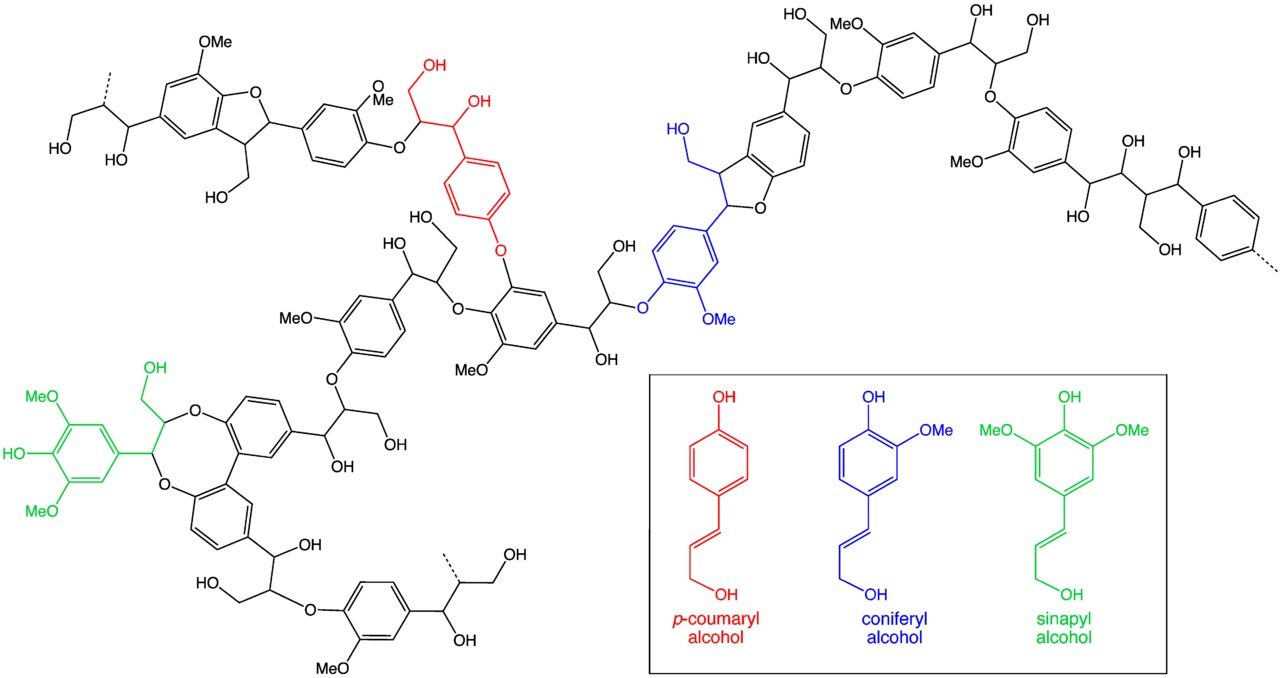
Lignin from Agro Waste Helps Make Useful Nano-composites
- News
- 2K
Agricultural waste can find many useful applications. Researchers at the Mohali-based Centre of Innovative and Applied Bioprocessing (CIAB) have developed a lignin-based nanocomposite which could potentially have commercial value. Microbial test results indicate that, in the long run, the lignin-based nanomaterial can act as an additive in coating and packaging materials.
Lignin is a complex organic polymer rich in polyphenols with antimicrobial qualities. It is found in almost all dry plants including crop residues and the woody bark of trees. Abundant quantities of lignin are generated as post-harvest agro-biomass and in paper and pulp industries every year, which often go waste.
“Burning of post-harvest biomass like straw is a common practice among our farmers, which leads to severe environmental pollution. We took up the challenge of converting agro-waste into value-added nanomaterials with antimicrobial properties, thereby not only reducing the pollution but trying to add to farmers’ income,” said Dr. Jayeeta Bhaumik, lead researcher of the study, while talking to India Science Wire.
The team zeroed–in on gold-silver bimetallic nanoparticles to utilize their novel physicochemical properties, and used kraft lignin as the matrix material. Instead of using harsh chemicals and high temperatures to synthesize nanocomposite, researchers applied ‘green’ and reproducible techniques, to derive nanomaterials. The process involved a single-step method utilizing lignin as the sole source for reducing, capping and stabilizing the nano-agents.
After establishing structural stability and morphology of the nanocomposite, the material was subjected to different microbial assays to evaluate its antimicrobial quality. The results indicated that the lignin-nanocomposite retained antimicrobial and antioxidant qualities of lignin.
“The lignin-bimetallic nano complexes were found to exhibit excellent targeting of microbes by the mechanism of reactive oxygen species production and membrane disruption of microbial cells, revealing that nano-complexes were internalized in microbial cells,” explained Dr. Bhaumik.
The new material could contribute to complete valorization of lignin, and large scale production costs and scalability have to be worked out, she added.
Besides Jayeeta Bhaumik, the team included Sanjam Chandna, Neeraj Singh Thakur, Yeddula Nikhileshwar Reddy, and Ravneet Kaur. The research results have been published in the journal ACS Biomaterials Science & Engineering (ISW)
If you liked this article, then please subscribe to our YouTube Channel for the latest Science & Tech news. You can also find us on Twitter & Facebook.


